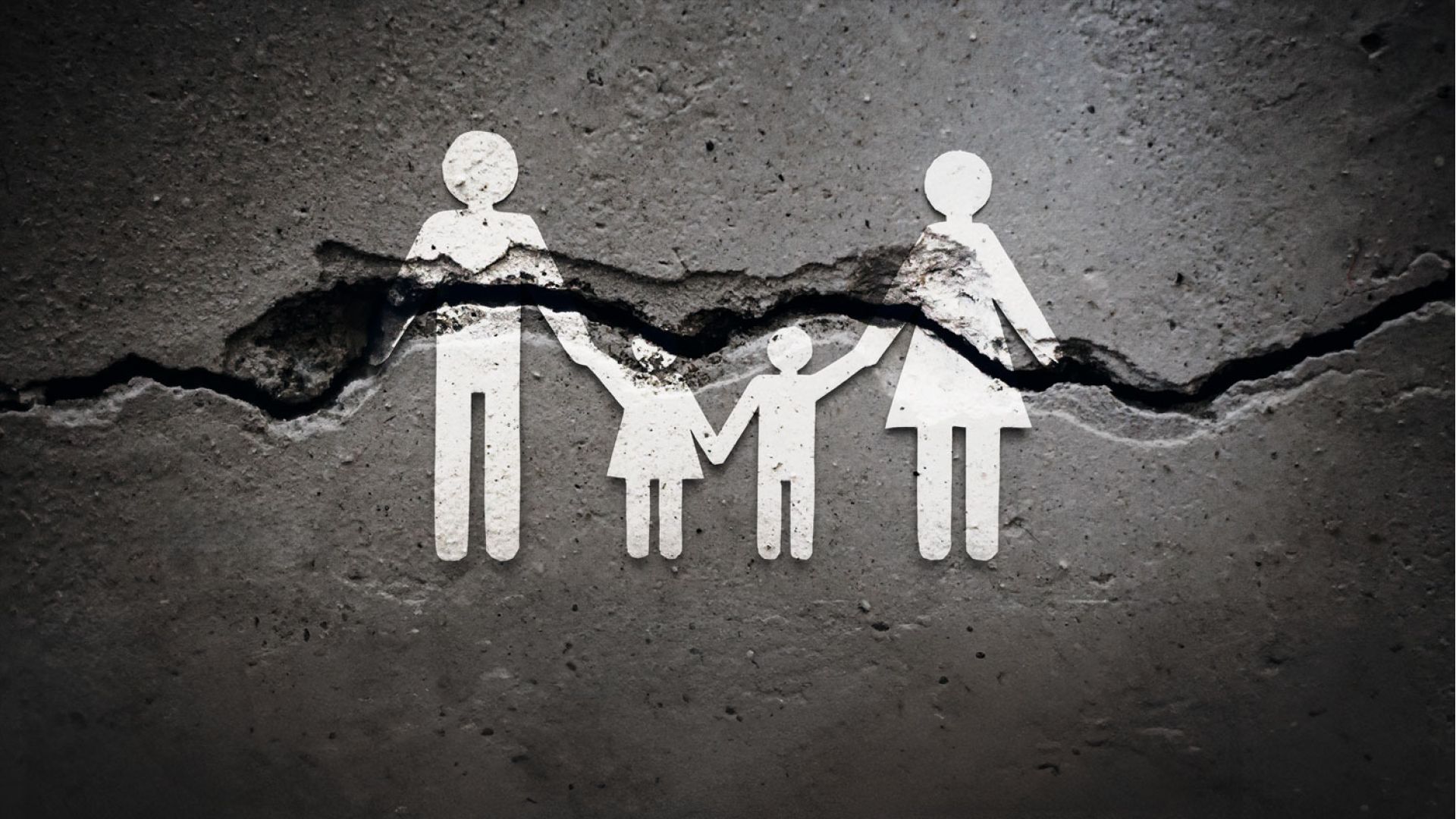Sisters: Don’t Be Neglectful of Making Prayers as Soon as the Menses Finishes
Shaykh Mūsá Richardson


…And women who come off their menses or post-natal bleeding at night must not delay in taking a bath so they can pray that night’s Maghrib and ʿIshā prayers. This verdict was given by a group of the Companions of the Prophet (may Allāh raise his rank and grant him peace). Likewise, if they come off during the time of ʿAṣr (before the sunset), they must hurry to bathe so they can pray ẓuhr and ʿAṣr before sunset, and Allāh is the One who grants success.
Shaykh ʿAbd al-ʿAzīz ibn ʿAbdullāh ibn Bāz (may Allāh have Mercy on him) said:
“…And women who come off their menses or post-natal bleeding at night must not delay in taking a bath so they can pray that night’s Maghrib and ‘Eshaa prayers. This verdict was given by a group of the Companions of the Prophet (may Allāh raise his rank and grant him peace). Likewise, if they come off during the time of ‘ʿAṣr (before the sunset), they must hurry to bathe so they can pray Ẓuhr and ‘Ast before sunset, and Allāh is the One who grants success.”[1]
[Q]: What if a sister becomes clean between sunrise and noon? From what I understand, she doesn’t have to make the Fajr prayer. Am I correct?
[A]: That’s right, may Allāh bless you, that is because she was still excused from prayer when the time for Fajr had finished. It is important to note that the words of Shaykh Ibn Bāz above, that women who come off their period “at night” (generally), are based on the position that ʿIshāʾs time extends all the way to Fajr. This is an issue of differing among scholars. Other scholars held that ‘ʿIshāʾ Prayer’s time is over at the middle of the night, others said after one-third of the night passes.
If someone held that ‘ʿIshāʾs time is only up until the middle of the night, then if a woman came off her menses in the second half of the night, like an hour before Fajr for example, then it is like the middle of the morning – it is not the time for any of the five daily prayers, and thus she would not have to pray maghrib or eshaa’ for the previous night – again that’s based on the position that ʿIshāʾ does not extend all the way to Fajr, and Allāh knows best. [2]
[Q]: If she ends her menses during ʿAṣr time, why must she make up Dhuhr? Isn’t only Salatul-ʿAṣr upon her since she was on her menses during Salatul Dhuhr?
[A]: The reason is that thuhr’s time extends all the way to maghrib in some instances, so the time for thuhr has not absolutely finished, the same with maghrib being prayed later with ‘eshaa’. Like during bad weather, sickness, or other out-of-the-ordinary difficulties that allow a person to delay thuhr and combine it with ʿasr, or maghrib with ‘eshaa’.
And Allāh knows best.[3]
Endnotes:
[1] Majmūʿ al-Fatāwī Ibn Bāz (15/278)
[2] See http://www.bakkah.net/articles/eshaa.htm
[3] Original source: Sisters – Don’t be Neglectful of Making Prayers as Soon as the Menses Finishes
Compiled and translated by Shaykh Mūsá Richardson
Most Popular: Last 30 Days

Supplicating for Children and Babies Is an Islamic Tradition and a Practice of the Prophets








